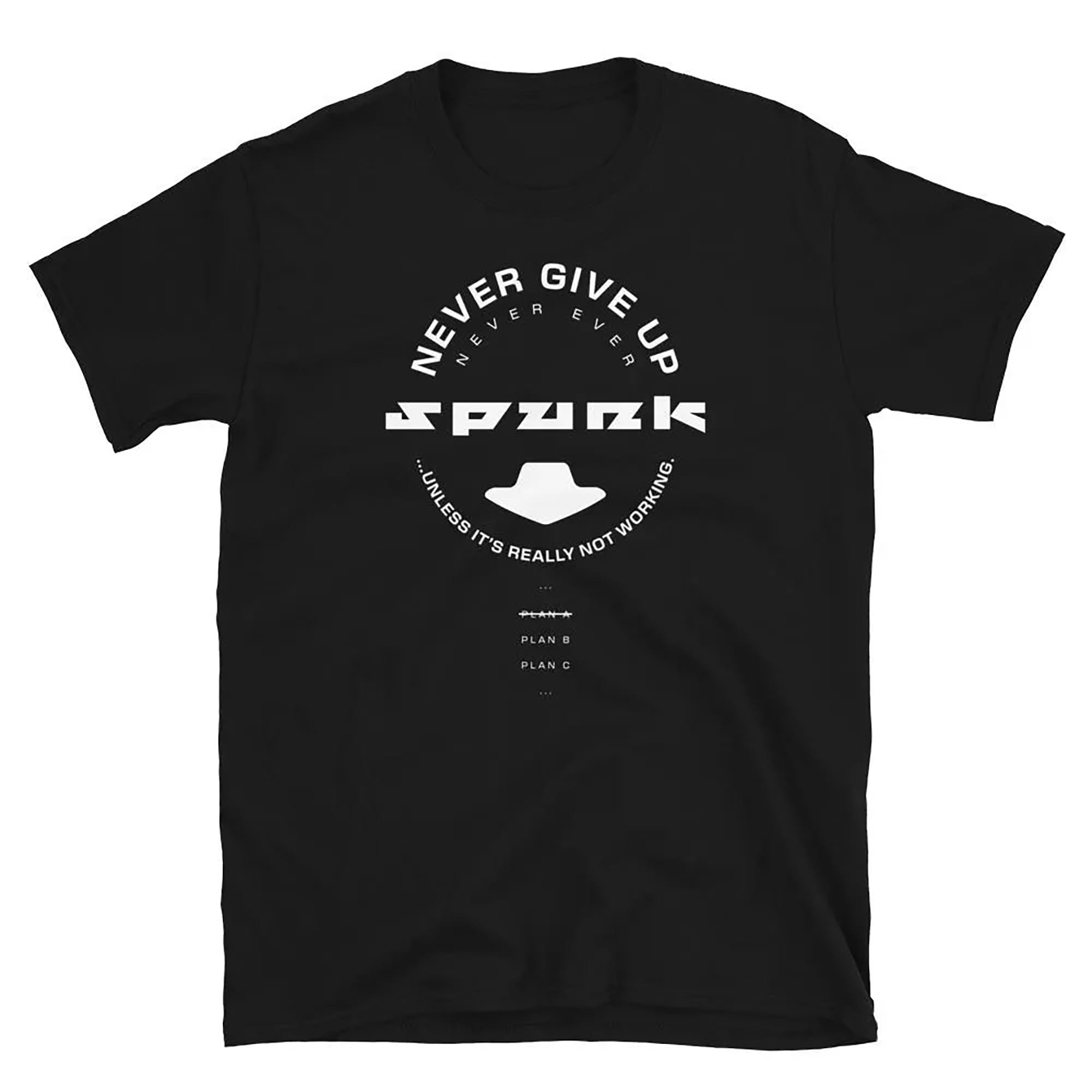Quitting smart
Ever felt trapped in a situation that's draining your energy and joy? It might be time to rethink the adage "never give up." Discover the art of quitting smart and how it can lead to better choices and a more fulfilling life.

The strategic retreat to success
From adage to reality
The saying "mighty trees from tiny acorns grow" has inspired countless ventures, reminding us that great things often start small. But what happens when that mighty tree doesn't quite take root? When should you call it quits, fold your hand, and walk away from the table?
Life throws us plenty of opportunities to gamble – relationships, business ventures, career paths, and even hobbies. It's tempting to view life like a video game, where you can overcome any obstacle with the right power-ups and resources. But physical life is far more nuanced.
When "drained" becomes a red flag
Too often, we stick with something until we're completely drained, be it a toxic relationship or a failing business. We cling to the hope of a turnaround, a "next chapter" that magically transforms our struggles into successes. But at what cost?
Before throwing in the towel, assess the potential.
Quitting doesn't have to be a sign of defeat. Sometimes, it's the smartest move you can make. But how do you know when you've reached that point? Consider these questions to guide your decision:
- Is there still potential? Honestly evaluate the probability of achieving the success you desire. Remember, your definition of success is unique.
- Can you re-frame or adjust your approach? Maybe your endeavor doesn't need to be abandoned completely. Could it become a fulfilling hobby, fueled by other passions or income sources?
- Are you willing to sacrifice? Every worthwhile pursuit requires sacrifice. Be clear about what you're willing to give up – time, energy, financial resources.
- Do you have the support you need? Just like in a video game, having allies can make a huge difference. Mentors, family, and friends can offer valuable guidance and encouragement.
Milestones, deadlines, and reality checks
Set realistic milestones and deadlines for yourself. When you reach those points, take a step back and evaluate your progress. Be honest with yourself about whether the investment is paying off. It's also crucial to recognize the role of external forces. Society, businesses, and even our own belief systems can pressure us to persevere beyond what's reasonable. Remember, your mental and emotional well-being are just as important as any external achievement.
The Fitzcarraldo effect
In Werner Herzog's film "Fitzcarraldo," a man embarks on a seemingly impossible quest to build an opera house in the heart of the Amazon jungle, because the character wanted to bring opera to the jungle. Fitzcarraldo's relentless pursuit, while admirable, serves as a cautionary tale about the potential pitfalls of unchecked ambition. It's a testament to human determination, but it also raises questions about the limits of ambition.
Societal pressures and the never give up mentality
Society, through various institutions such as religions and cultural beliefs, often instills the notion that giving up is synonymous with failure. This mindset is deeply ingrained, championing perseverance at all costs. Phrases like "never give up" and "keep pushing forward" are common mantras we hear from childhood through adulthood. These societal forces can create immense pressure to continue on a path, even when it might be detrimental to our well-being.
Religions and cultural beliefs often emphasize perseverance, portraying it as a virtue. Many religious texts and teachings highlight stories of individuals who overcame insurmountable odds through sheer determination and faith. While these narratives can be inspiring, they can also set unrealistic expectations. The belief that unwavering persistence will inevitably lead to success can cause individuals to overlook signs that it might be time to change direction or reassess their goals. However, being part of a supportive group can positively increase the chances of success.
Businesses capitalizing on the never give up mentality
Capitalizing on this societal belief, many businesses have created a lucrative market around the notion of relentless perseverance. Self-help books, motivational seminars, and online communities propagate the idea that success is just around the corner if you keep pushing forward. Titles like Think and Grow Rich, The Power of Positive Thinking, and Grit: The Power of Passion and Perseverance flood the market, promising that the secret to success lies in never giving up.
These resources often highlight success stories of individuals who triumphed against the odds, reinforcing the belief that giving up is not an option. However, they frequently overlook the countless stories of those who, despite their best efforts or any favorable element, did not achieve their goals. This creates a survivorship bias, where the focus is solely on those who succeeded, ignoring the broader reality.
Online communities and social media platforms also play a significant role in perpetuating this mentality. Influencers and motivational speakers share their journeys of perseverance, often portraying a polished and idealized version of their struggles and successes while omitting the positive external influences that contributed to their achievements. This can lead to unrealistic expectations and a skewed perception of what it takes to succeed.
The balance between persistence and pragmatism
While perseverance is undoubtedly a valuable trait, it's essential to balance it with pragmatism. Recognizing when to pivot, reassess, or even quit is not a sign of failure but a strategic decision. The key is to differentiate between challenges that require perseverance and those that signal a need for change. Just as businesses, which are often said to be "people too," can pivot, so can we.
Establishing realistic goals, setting milestones, and regularly evaluating progress are crucial steps in making informed decisions. By doing so, individuals can ensure that their efforts are aligned with their overall well-being and long-term happiness, rather than being driven solely by societal pressures and the allure of commercialized perseverance.
In conclusion, while societal beliefs and businesses strongly advocate for never giving up, it’s important to critically evaluate one's path and recognize that sometimes, strategic quitting is the best option. Balancing persistence with pragmatism can lead to more sustainable and fulfilling outcomes.
Quitting with grace
Sometimes, the most courageous decision is to walk away. Evaluate your choices and create a life that truly fulfills you. Ask yourself: Is this path serving me, or am I blindly following a societal script? If your mental health is suffering, your enjoyment has vanished, and the path ahead seems insurmountable, it might be time to bow out.
The art of quitting lies in recognizing when perseverance becomes self-destructive. It's about respecting your limits and knowing when to invest your energy elsewhere.
Life is a series of choices. Choose wisely, and remember, every second counts.

Never Give Up Unless It's Really Not Working Funny Unisex T-Shirt
Made from 100% ring-spun cotton, this soft and comfy tee is perfect for everyday wear.












